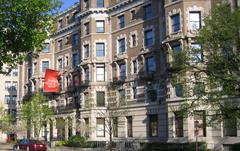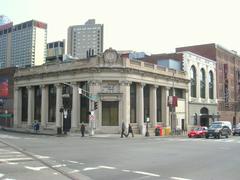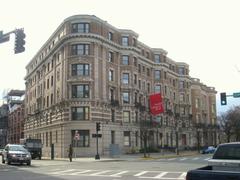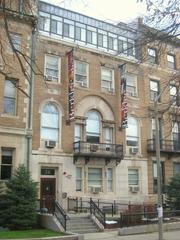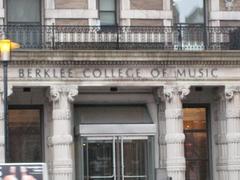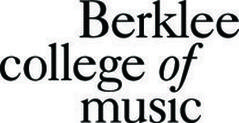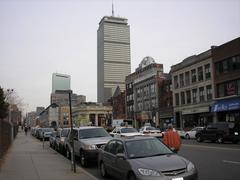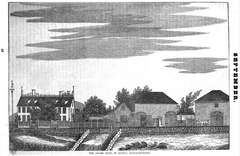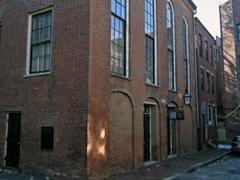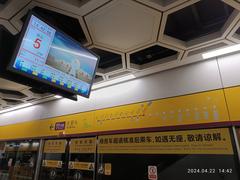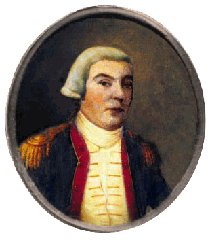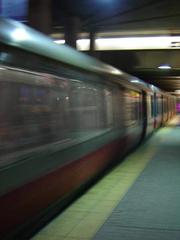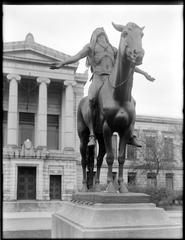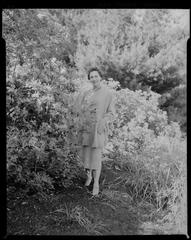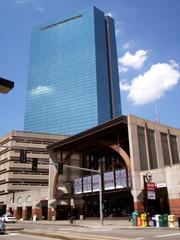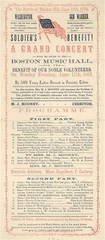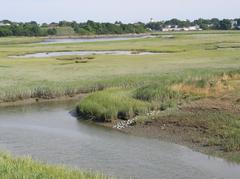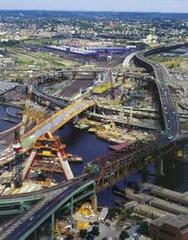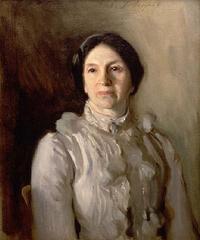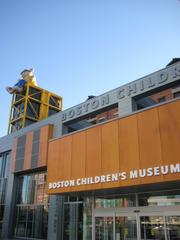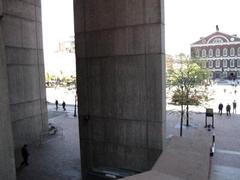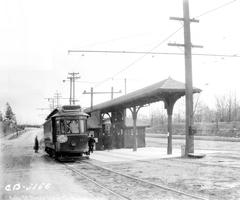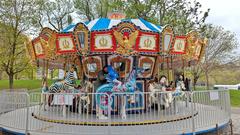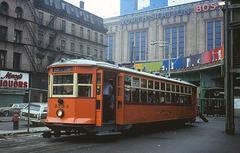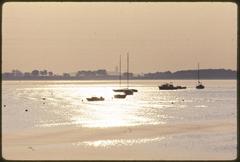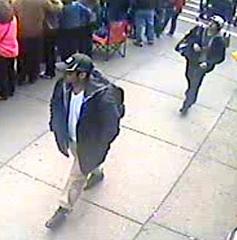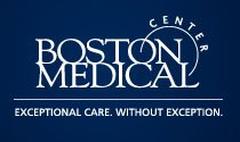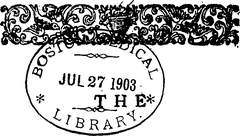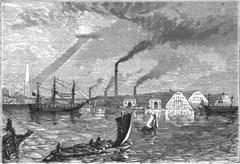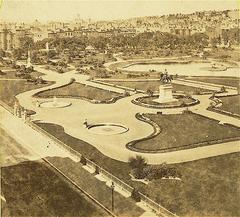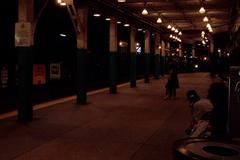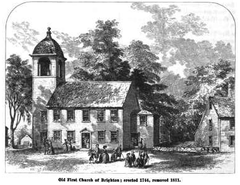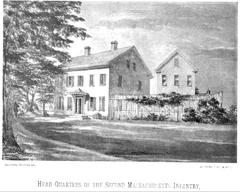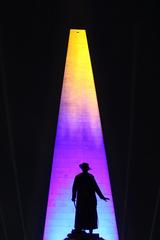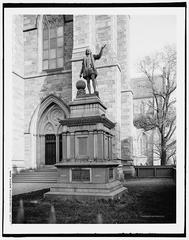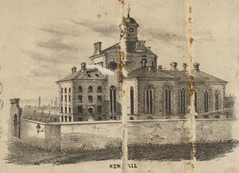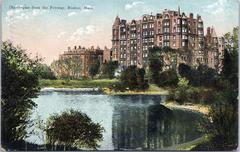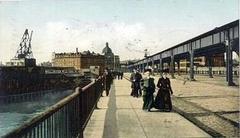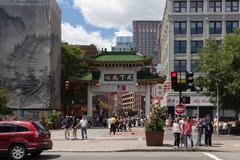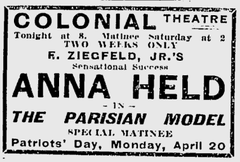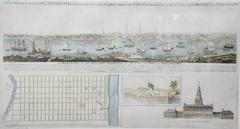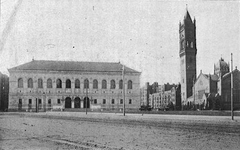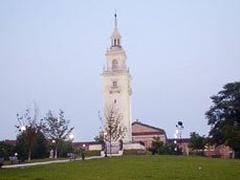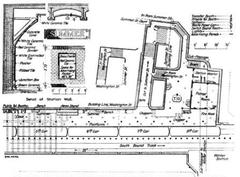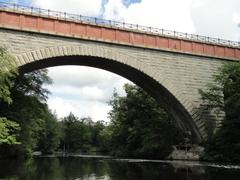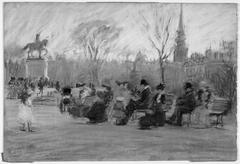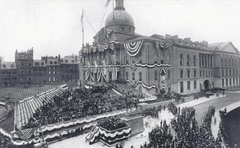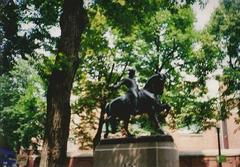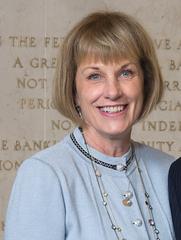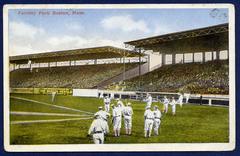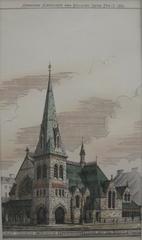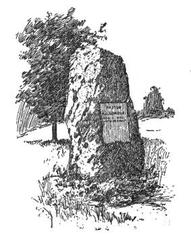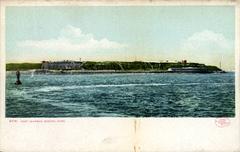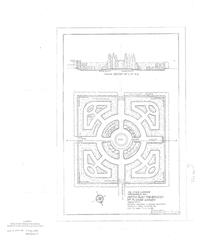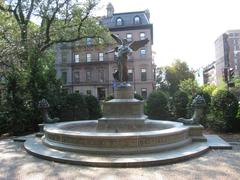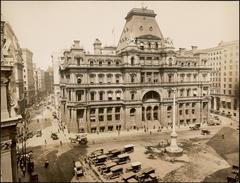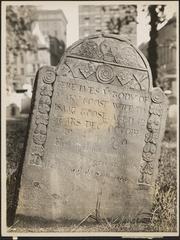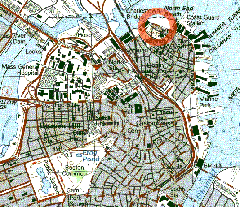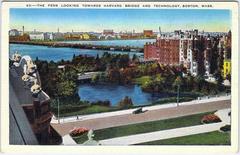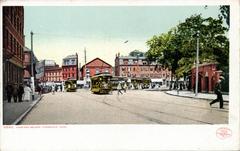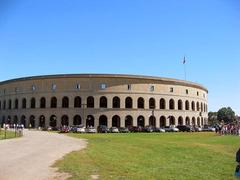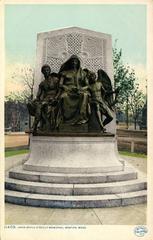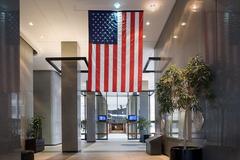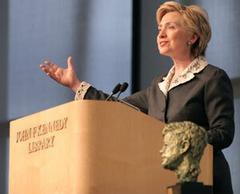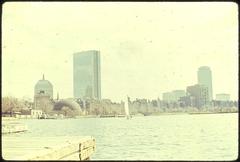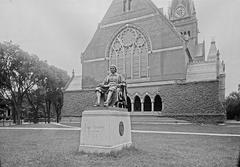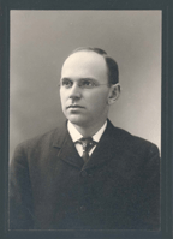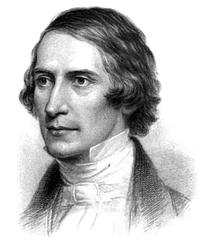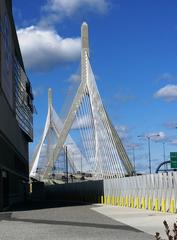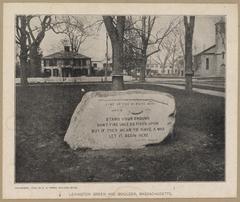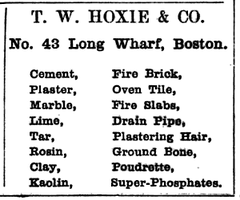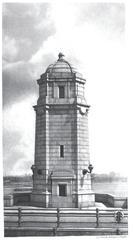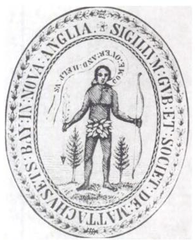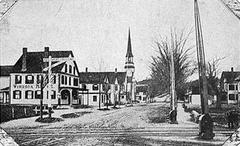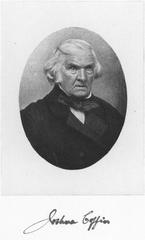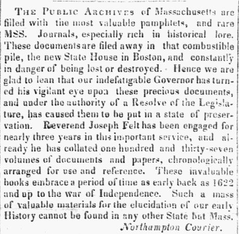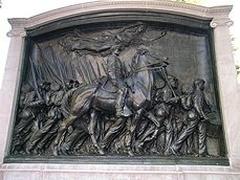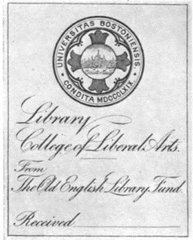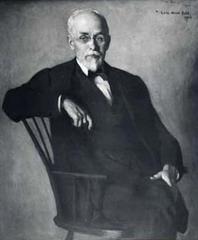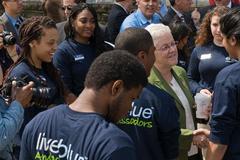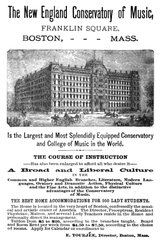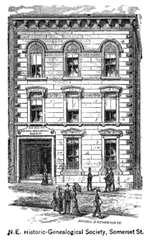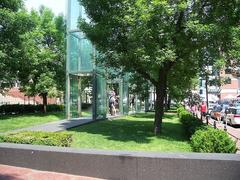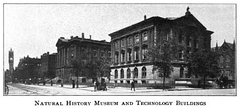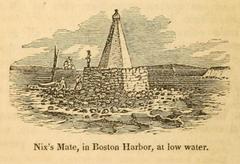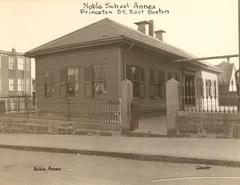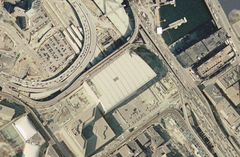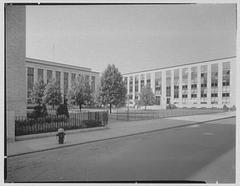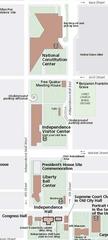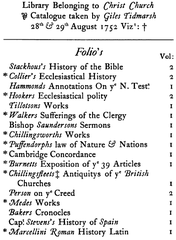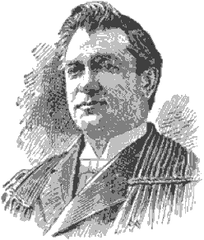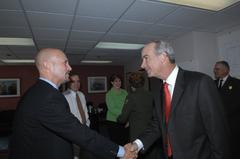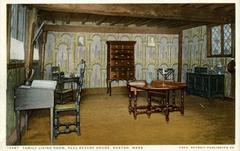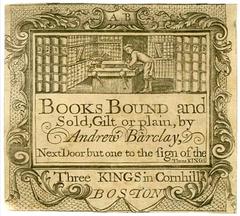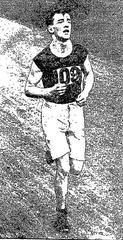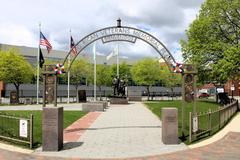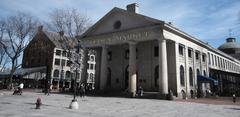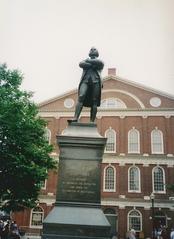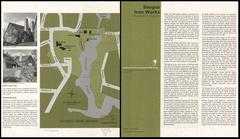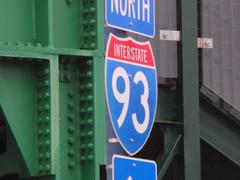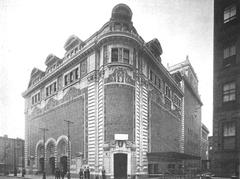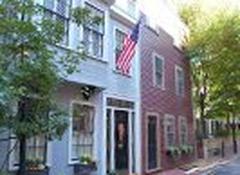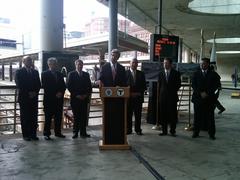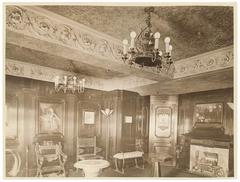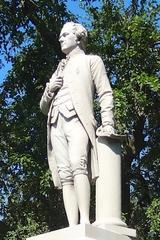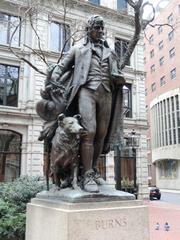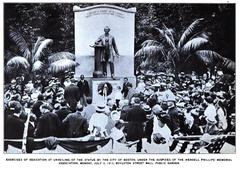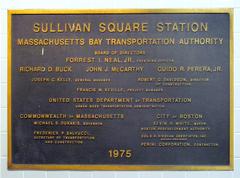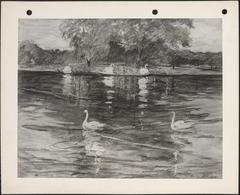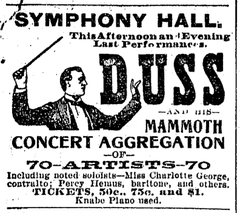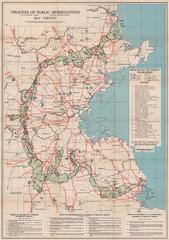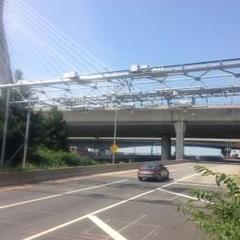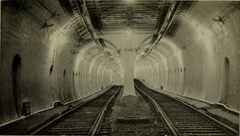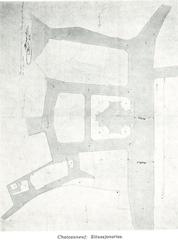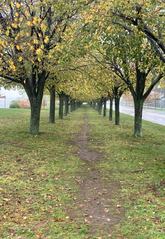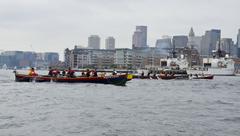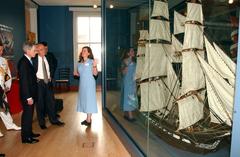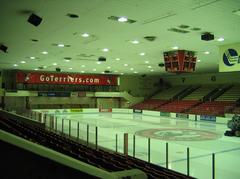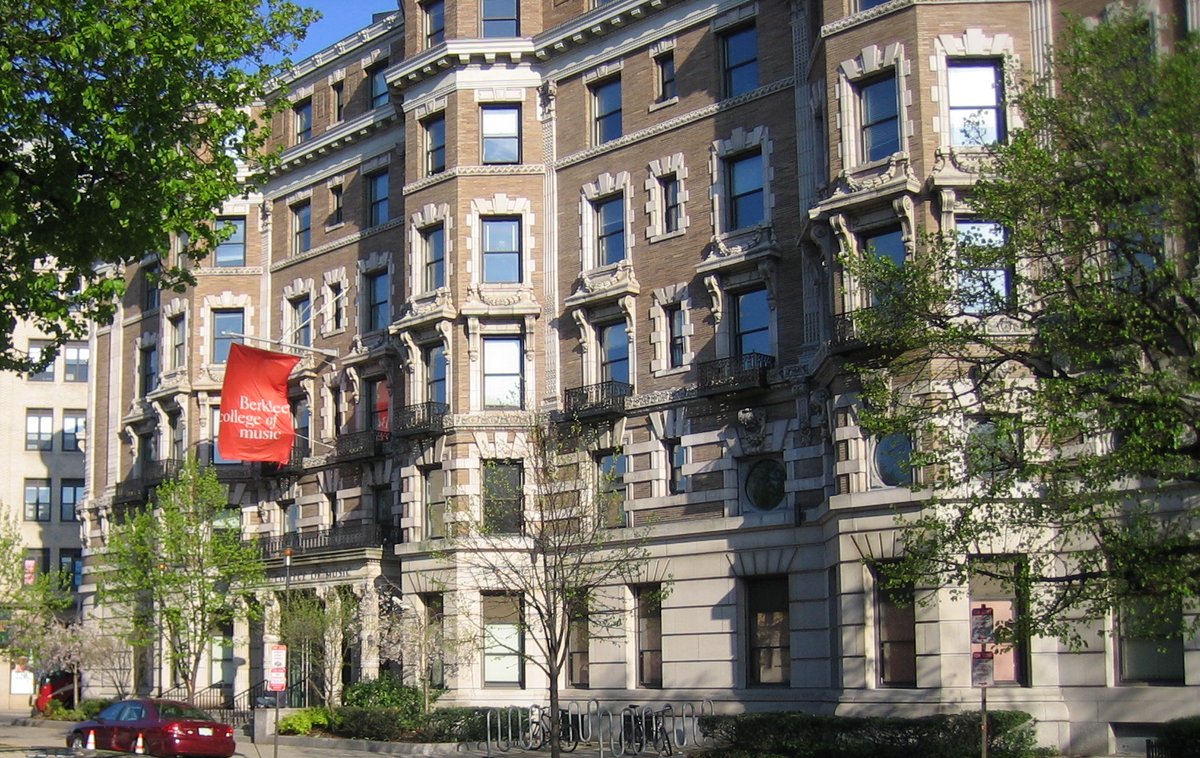
Berklee College of Music Boston Visiting Guide: Tickets, Hours, and Tips
Date: 14/06/2025
Introduction
Nestled in the heart of Boston, Massachusetts, Berklee College of Music is the world’s largest independent institution devoted to contemporary music education. Established in 1945 by Lawrence Berk, Berklee has grown from a pioneering jazz school into a global leader in music, recognized for its innovative programs, diverse community, and vibrant cultural presence. Whether you are a music enthusiast, prospective student, or a cultural traveler, this guide will help you make the most of your visit—covering campus access, event tickets, hours, travel tips, and more. For the most up-to-date information, consult the Berklee College of Music website and Berklee Events Calendar.
Table of Contents
- Discover Berklee College of Music
- Visiting Hours and Admission
- Guided Tours and Visitor Information
- Accessibility
- Special Events and Performances
- Travel Tips and Nearby Attractions
- Photo Opportunities
- Historical Overview
- Diversity, Community, and Impact
- Leadership and Legacy
- Frequently Asked Questions (FAQ)
- Plan Your Visit
Discover Berklee College of Music
Berklee College of Music is situated in Boston’s vibrant Back Bay and Fenway neighborhoods. As a center for musical innovation, Berklee is not only an educational powerhouse but also a cultural landmark. Visitors can experience the lively campus atmosphere, explore historic and modern facilities, and attend world-class performances at venues like the Berklee Performance Center.
Visiting Hours and Admission
Campus Access:
- Open Monday–Friday, 9:00 AM–5:00 PM during the academic year.
- Access to buildings is primarily for students and staff; public access is limited to select spaces and events.
- No general admission fee for walking the campus or visiting public spaces such as the Berklee Performance Center lobby and Stan Getz Library.
- Advance tickets are required for most concerts or special events (Berklee Events).
Guided Tours and Visitor Information
Booking Tours:
- Official campus tours are designed for prospective students and families only.
- Tours run Monday–Friday, 10:00 AM–4:00 PM ET, excluding weekends, holidays, and semester breaks.
- Reserve your spot using the online tour calendar in advance.
- Walk-ins are accepted only if space is available; group tours are not offered.
Virtual Tour:
- Explore Berklee’s facilities virtually with a 360-degree tour, accessible on most devices (Virtual Boston Campus Tour).
Self-Guided Tours:
- While you may walk around the campus and view buildings from the street, indoor access is restricted for non-affiliated visitors (Boston Conservatory at Berklee: Campus Visit).
Accessibility
- All campus venues are wheelchair accessible with elevators, ramps, and accessible restrooms.
- Contact the visitor services or the Berklee Performance Center box office in advance for specific accommodations.
Special Events and Performances
Berklee Performance Center (BPC):
- Address: 136 Massachusetts Avenue, Boston, MA 02115
- Hosts over 1,500 concerts and events annually, featuring students, faculty, alumni, and guest artists.
- Tickets are required for all attendees, including infants.
- Box office hours and policies: Wednesdays and Fridays, 12:00–4:00 PM, and two hours before ticketed events.
Free Public Concerts:
- The “Summer in the City” series and other community concerts are open to the public at various Boston locations (Boston Uncovered).
Event Updates:
- Stay informed about upcoming events and ticketing via the Berklee Events Calendar.
Travel Tips and Nearby Attractions
Getting There:
- Campus is accessible via MBTA Green Line (Hynes Convention Center or Symphony stations).
- Limited street parking; nearby garages are available but can be costly.
Nearby Sights:
- Museum of Fine Arts
- Newbury Street shopping and dining
- Fenway Park
- Boston Public Library
- Symphony Hall
Dining:
- Back Bay and Fenway neighborhoods offer a wide variety of cafes and restaurants.
Photo Opportunities
Capture memorable moments at:
- The Berklee Performance Center’s historic facade
- Modern campus architecture
- Iconic Boston brownstones along Massachusetts Avenue
- Street scenes with musicians and students
Historical Overview
Founding and Early Years (1945–1960s):
Berklee originated as the Schillinger House, founded by Lawrence Berk to teach contemporary music using the Schillinger System. In 1954, it became the Berklee School of Music, pioneering formal jazz education in the U.S. (Wikipedia; Zippia).
Expansion and Innovation (1970s–1990s):
The college moved to 1140 Boylston Street in 1966 and expanded rapidly, acquiring additional buildings, including the former Fenway Theatre—now the Berklee Performance Center (Wikipedia; Berklee BPC History). Berklee’s curriculum diversified with new majors and programs, such as music business, therapy, and global outreach initiatives.
Digital Era and Global Reach (2000s–Present):
Berklee Online launched in 2002, offering global access to music education (Wikipedia). The Valencia, Spain campus opened in 2012, and Berklee NYC was established in 2017. In 2015, Berklee merged with the Boston Conservatory, enhancing its offerings in classical music, dance, and theater.
Diversity, Community, and Impact
Berklee is renowned for its diverse community, with over 30% international students by 2013 (Wikipedia). Community engagement programs like City Music connect students with local youth and promote equity in music education (Berklee Music Education).
Leadership and Legacy
Berklee’s direction has been shaped by visionary leaders, including founder Lawrence Berk, his son Lee Eliot Berk, and Roger H. Brown. In 2020, Erica Muhl was named president-elect, continuing the tradition of innovative leadership (Wikipedia; Zippia).
Berklee alumni have won hundreds of major awards, including more than 310 Grammys, and include icons like Quincy Jones, Keith Jarrett, and Howard Shore (TheBestSchools).
Frequently Asked Questions (FAQ)
Q: Are campus tours open to the public?
A: No, official tours are for prospective students and families. Self-guided street tours are permitted, but building access is restricted (Berklee Admissions: Visiting).
Q: How do I attend a performance?
A: Purchase tickets online or at the box office for events at the Berklee Performance Center. Free concerts are also held in community venues (Berklee Events).
Q: Is the campus accessible for people with disabilities?
A: Yes, all major venues have accessible entrances and facilities. Contact visitor services in advance for specific accommodations (BPC Plan Your Visit).
Q: What are the best times to visit?
A: During the academic year for the full campus experience, or in summer for outdoor concerts and festivals.
Plan Your Visit
For the latest updates on tours, events, and campus policies:
- Official Berklee College of Music Visitor Info
- Berklee Performance Center Events
- Boston Visitor Information
Download the Audiala app for curated music and cultural guides, and follow Berklee on social media for event highlights and news.
Summary and Final Tips
Berklee College of Music is a beacon of musical innovation and community in Boston. Whether attending a concert, joining a tour, or exploring the local arts scene, plan ahead for tickets, accessibility, and event schedules. Take advantage of Berklee’s central location to enjoy nearby museums, restaurants, and historic sites. Stay up to date by following official channels and enhance your experience with tools like the Audiala app (Berklee Admissions, Berklee Performance Center).
References
- Berklee College of Music
- Berklee Events Calendar
- Berklee College of Music History (Wikipedia)
- Berklee College of Music Careers and History (Zippia)
- Berklee Performance Center History
- Best Music Schools (TheBestSchools)
- Berklee Music Education
- Berklee Admissions: Visiting
- Boston Conservatory at Berklee: Campus Visit
- BPC Plan Your Visit
- Boston Uncovered: Free Live Concerts at the Pru
